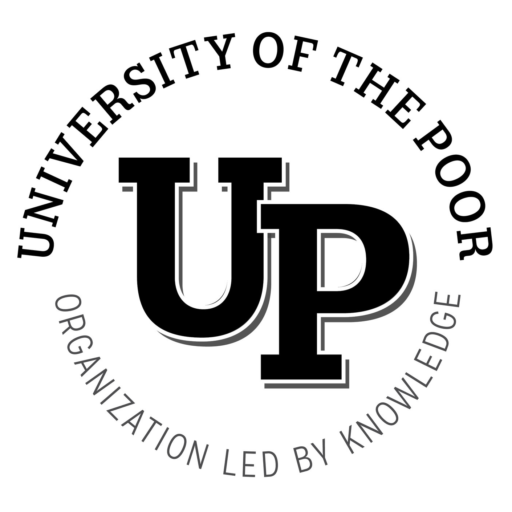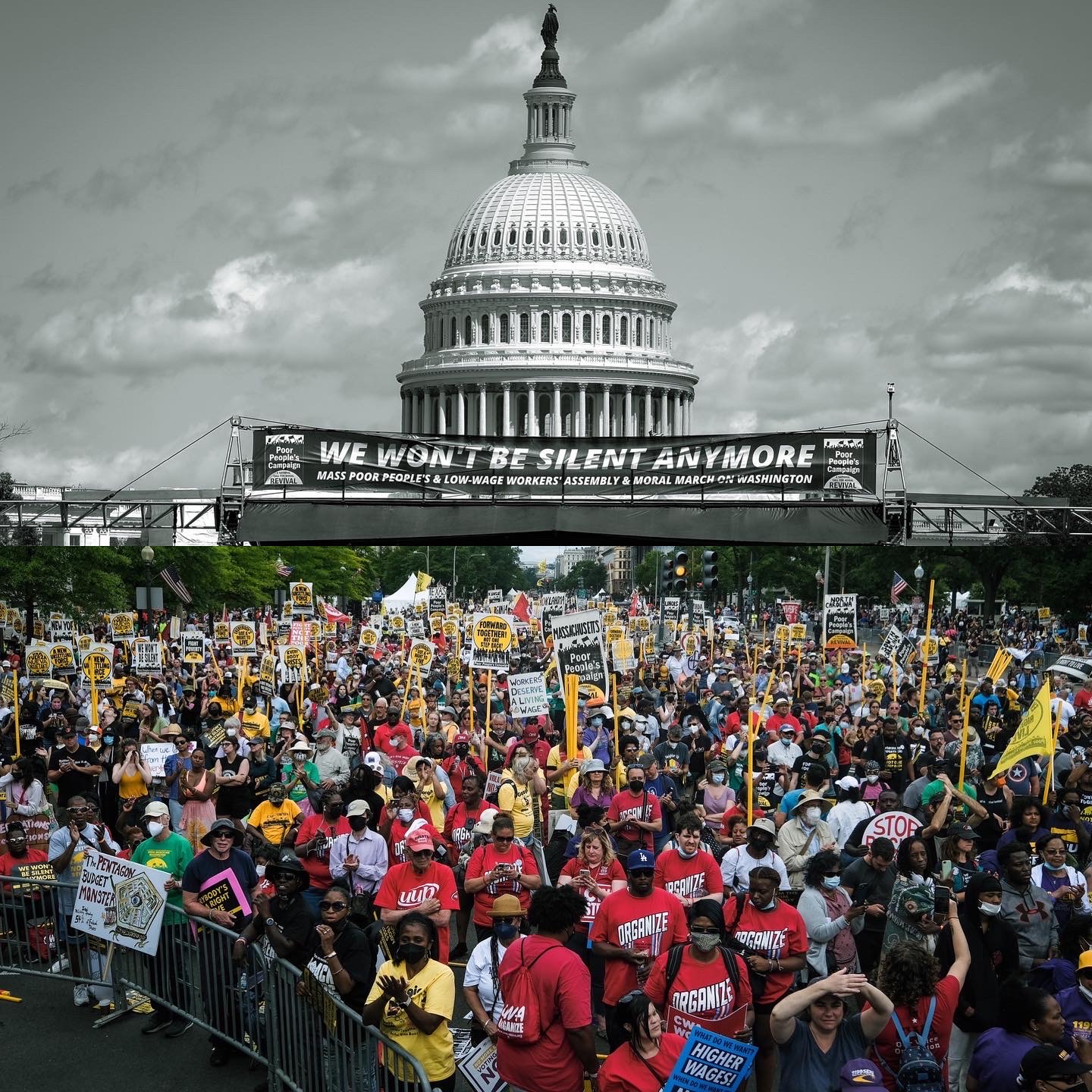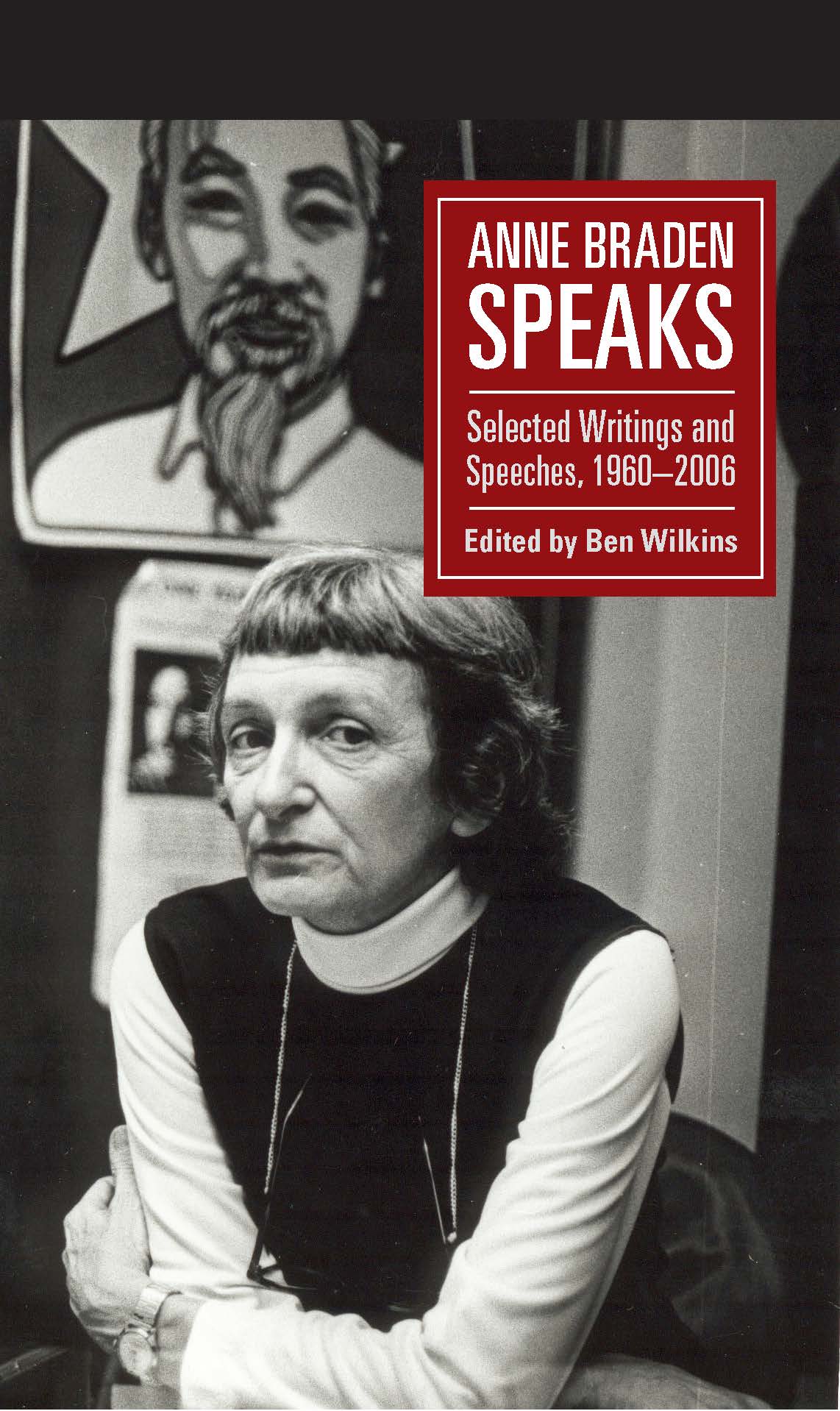The midterm elections are upon us as we release our fourth issue of the University of the Poor Journal. Independent of the results on November 8, we know the poor and dispossessed are in for a long, protracted struggle on multiple fronts. The Republican Party has shown itself willing to carry out anti-democratic, illegal, and even violent means to maintain or regain power. The Democratic Party, for its part, even while it controls the executive and legislative branches of government, has been ineffectual at best and cruel at worst.
This year, the Child Tax Credit was allowed to expire, even though it helped millions of families pay bills and improve their health in the early stage of the pandemic. More than 15 million people stand to be kicked off of Medicaid this winter. Rents have increased more than 7 percent this year after a 17 percent increase last year. Now that eviction moratoria have ended, an increasingly acute crisis of homelessness is upon us. Meanwhile, the country and globe slouch toward another recession and the latest reports on the climate crisis have only worsened ahead of the 27th United Nations Climate Change Conference in Sharm El Sheikh, Egypt.
Neither of the two major parties has put forward viable solutions to the multiple crises faced by the growing numbers of the poor and dispossessed across the country. It is incumbent upon our class, then, to build an independent political power that prioritizes the demands of the organized poor.
Two articles in this issue help guide further study on electoral politics and how revolutionaries can engage with elections. First, Nijmie Dzurinko and Rev. E. West McNeill explore several current experiences in the class struggle as they relate to the electoral arena. Second, in part two of his series on historical materialism, John Keller unpacks lessons from two periods in U.S. history that saw the rise of important third parties: the Republican Party in the leadup to the Civil War, and the People’s Party, or Populist Party, in the 1890s.
These articles respond to encouragement in the University of the Poor’s Spring 2022 political report to make “skillful use of elections and the struggle for the ballot” in building the political independence of the poor. The report also highlights the importance of building “a powerful, politically independent, multiracial movement of the poor in the South.” This issue presents three articles highlighting multiracial organizing in the South and northern Appalachia.
First, Ben Wilkins shares lessons from the life of white Southerner Anne Braden (1924-2006), whose decades of work in the South focused on building a united, multiracial, class-based movement. Wilkins is the editor of a new volume called Anne Braden Speaks: Selected Writings and Speeches, 1960-2006, published by Monthly Review. One of Braden’s articles published in the book, “Black Power and White Organizing,” is reprinted here.
Next, we move into the northern edge of the Appalachian mountains of central Pennsylvania to highlight Put People First! PA’s effort to unite poor people across the state in the face of hospital closures and loss of Medicaid. Here, PPF-PA’s Ron Moose gives an introduction to a 15-minute video by BreakThrough News spotlighting these fights.
Finally, this issue presents two reflections on the power and significance of the Mass Poor People’s and Low-Wage Workers Assembly and Moral March on Washington and to the Polls, held in the nation’s capital on June 18, 2022.
Moses H.M. and Noam Sandweiss-Back articulate 11 key points on the achievements of the Mass Assembly, including building unity among the poor and dispossessed, serving as a training ground for clear and competent leadership to develop, and positioning the assembly as a stepping stone to greater victories. Closing out the issue are reflections from Ashley Hufnagel and Fr. Ty Hullinger of United Workers and Mike Hughes of the Maryland Poor People’s Campaign on the impact of the June 18th mobilization for their organizing.
Fifty-four years ago, Rev. Dr. Martin Luther King, Jr. convened a meeting with representatives from the nation’s leading poor people’s organizations and social movements. The goal was to launch the 1968 Poor People’s Campaign. Standing in a packed room with a multiracial assemblage of leaders from across the nation, Dr. King asserted, “Power for poor people will really mean having the ability, the togetherness, the assertiveness, and the aggressiveness to make the power structure of this nation say yes when they may be desirous to say no.” Today, this is the task that lies before us – to flex the unified muscles of the organized poor in new, ambitious, and irrefutable ways. Eventually, if we are to reverse the barbarous path this country continues to stumble down, we will also need to reorder the very power structure itself.
University of the Poor Journal Editorial Committee


